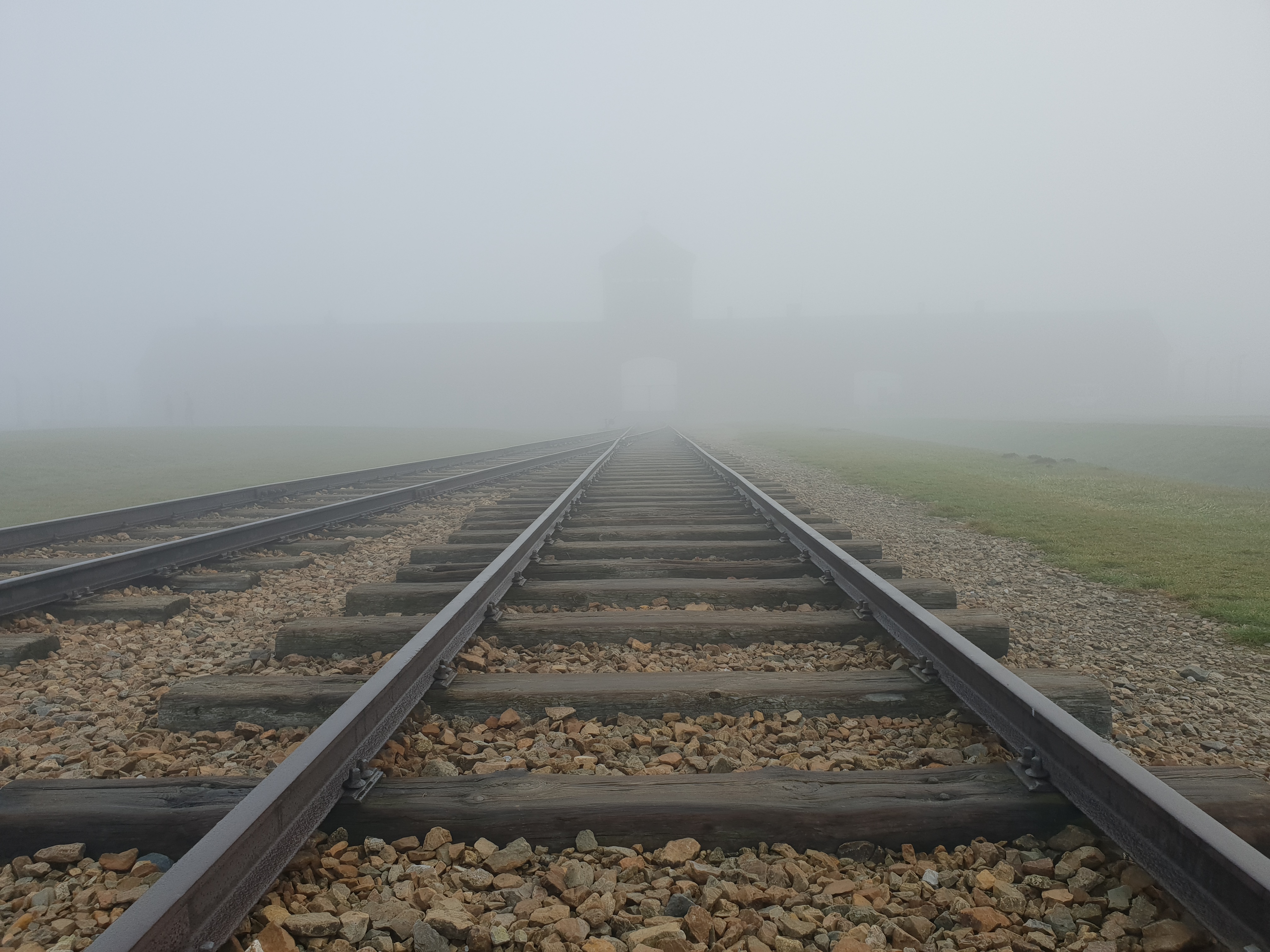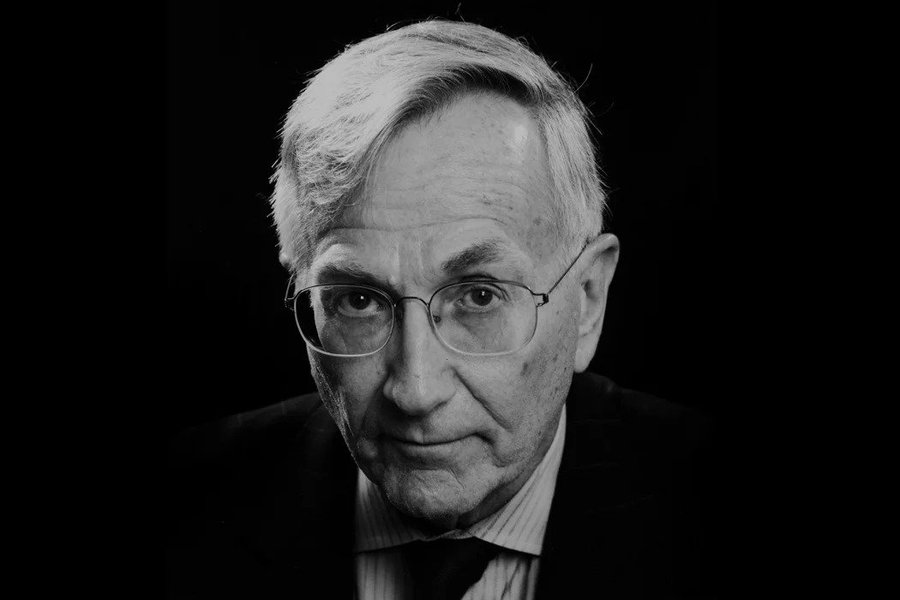-
Neueste Beiträge
Archive
- Juli 2025
- Juni 2025
- Mai 2025
- April 2025
- März 2025
- Februar 2025
- Januar 2025
- Dezember 2024
- November 2024
- Oktober 2024
- September 2024
- August 2024
- Juli 2024
- Juni 2024
- Mai 2024
- April 2024
- März 2024
- Februar 2024
- Januar 2024
- Dezember 2023
- November 2023
- Oktober 2023
- September 2023
- August 2023
- Juli 2023
- Juni 2023
- Mai 2023
- April 2023
- März 2023
- Februar 2023
- Januar 2023
- Dezember 2022
- November 2022
- Oktober 2022
- September 2022
- August 2022
- Juli 2022
- Juni 2022
- Mai 2022
- April 2022
- März 2022
- Februar 2022
- Januar 2022
- Dezember 2021
- November 2021
- Oktober 2021
- September 2021
- August 2021
- Juli 2021
- Juni 2021
- Mai 2021
- April 2021
- März 2021
- Februar 2021
- Januar 2021
- Dezember 2020
- November 2020
- Oktober 2020
- September 2020
- August 2020
- Juli 2020
- Juni 2020
- Mai 2020
- April 2020
- März 2020
- Februar 2020
- Januar 2020
- Dezember 2019
- November 2019
- Oktober 2019
- September 2019
- August 2019
- Juli 2019
- Juni 2019
- Mai 2019
- April 2019
- März 2019
- Februar 2019
- Januar 2019
- Dezember 2018
- November 2018
- Oktober 2018
- September 2018
- August 2018
- Juli 2018
- Juni 2018
- Mai 2018
- April 2018
- März 2018
- Februar 2018
- Januar 2018
- Dezember 2017
- November 2017
- Oktober 2017
- September 2017
- August 2017
- Juni 2017
- Mai 2017
- April 2017
- März 2017
- Februar 2017
- Januar 2017
- Dezember 2016
- November 2016
- Oktober 2016
- September 2016
- August 2016
- Juli 2016
- Juni 2016
- Mai 2016
- April 2016
- März 2016
- Februar 2016
- Januar 2016
- Dezember 2015
- November 2015
- Oktober 2015
- August 2015
- Juli 2015
- Juni 2015
- April 2015
- Januar 2015
- Dezember 2014
- November 2014
- Oktober 2014
- September 2014
- Juli 2014
- Juni 2014
- Mai 2014
- April 2014
Russian Foreign Minister Sergey Lavrov responds to Seymour Hersh’s Nord Stream article
Kommentare deaktiviert für Russian Foreign Minister Sergey Lavrov responds to Seymour Hersh’s Nord Stream article
Seymour Hersh on Russell Brand 19.02.2023 on decision to blow up Nord Stream
Kommentare deaktiviert für Seymour Hersh on Russell Brand 19.02.2023 on decision to blow up Nord Stream
Remember what they saw. And tell the truth about mankind to those who do not know it.
 Zyklon B gas chamber, Majdanek
Zyklon B gas chamber, Majdanek
In the days that followed I saw men weep while working with the pickaxe, the spade, in the trucks. I saw them carry heavy rails, sacks of cement, slabs of concrete; I saw them carefully level the earth, dig dirt out of ditches, build barracks, watch-towers and crematoria. I saw them consumed by eczema, phlegmon, typhoid fever, and I saw them dying of hunger. And I saw others who amassed fortunes in diamonds, watches and gold and buried them safely in the ground. And those who made it a sport to kill as many men as they could and seduce as many women as possible.
And I have seen women who carried heavy logs, pushed carts and wheelbarrows and built dams across ponds. But there were others who would sell their bodies for a piece of bread; who could afford to buy a lover with clothing, gold and jewellery stolen from the dead. And I also saw a girl (who had once been mine) covered with running sores and with her head shaven. And every one of the people who, because of eczema, phlegmon or typhoid fever, or simply because they were too emaciated, were taken to the gas chamber, begged the orderlies loading them into the crematorium trucks to remember what they saw. And to tell the truth about mankind to those who do not know it.
—Tadeusz Borowski, This Way for the Gas, Ladies and Gentlemen, (New York: Penguin Books, 1976), 175.
Kommentare deaktiviert für Remember what they saw. And tell the truth about mankind to those who do not know it.
At that time West Germany was swarming with starved, frightened, suspicious, stupefied hordes of people who did not know where to turn and who were driven from town to town, from camp to camp, from barracks to barracks by young American boys, equally stupefied and equally shocked at what they had found in Europe. These boys had come like the crusaders to conquer and convert the European continent, and after they had finally settled in the occupation zones, they proceeded with dead seriousness to teach the distrustful, obstinate German bourgeoisie the democratic game of baseball and to instil in them the principles of profit-making by exchanging cigarettes, chewing gum, contraceptives and chocolate bars for cameras, gold teeth, watches and women.
Brought up worshipping success, a success to be achieved only by the daring use of one’s wits, believing in equal opportunities for everyone, accustomed to judging a man’s worth by the size of his income and a woman’s beauty by the length of her legs, these strong, athletic, cheerful men, full of the joy of living and the expectation of great opportunities lying around the corner, these sincere, direct men with minds as clean and fresh as their uniforms, as rational as their lives, as honest as their uncomplicated world, felt an instinctive contempt for the people who had failed to hold on to their wealth, who had lost their businesses and their jobs and dropped to the very bottom of society. But their attitude towards the courteous German bourgeoisie who had managed to preserve their culture and fortunes, and towards the pretty, cheerful German girls, as kind and gentle as their sisters, was one of understanding and friendly admiration. They had no interest in politics (that part of their lives was taken care of by the American Intelligence and the German press).
—Tadeusz Borowski, This Way for the Gas, Ladies and Gentlemen, (New York: Penguin Books, 1976), 164-165.
Kommentare deaktiviert für
Seymour Hersh interview in New Left Review
The longer-term outlook for Ukraine was always bleak – partly because it’s still an extremely corrupt country where Western aid is often misused. So I think Biden had a tactical interest in destroying the pipeline, because this would prevent Germany from changing its mind when the going got tough and withdrawing its support for Ukraine. If there was a cold spell in November or December, that could’ve halted the Ukrainian counter-offensive and put pressure on Germany to lower gas prices by opening up the line. So that might have been one of the administration’s most immediate fears.
But there’s also a long history of American hostility towards this pipeline, stretching back to Bush and Cheney, who saw it as a strategic weapon that Russia could use to keep Germany and Western Europe from supporting NATO. Biden’s thinking was very much in line with this. Now, I don’t know if he wants a war with Russia. I don’t know if he wants a war with China. I don’t know what he wants. But it’s scary as hell, because maybe he doesn’t even know.
Ω Ω Ω
The US is still sending liquefied natural gas to its European allies, but is charging three to four times more for it. So the president’s basically made a toss, you know, between severing the Germany–Russia link and losing political support for America and some of the states we most value. That would give any rational person in the intelligence community pause for thought.
Kommentare deaktiviert für Seymour Hersh interview in New Left Review
Liebeserklärung – mit einem unangenehmen Beigeschmack
Sean Penn hat mit seiner Doku „Superpower“ einen Film über die Ukraine, den Krieg gegen das Land und Wolodymyr Selenskyj gedreht. Es ist eine Liebeserklärung – mit einem unangenehmen Beigeschmack.
Ganz am Ende hat man dann doch kurz Angst um das Leben von Sean Penn. Der 62-jährige Schauspieler und Regisseur aus Kalifornien, Ex-Mann von Madonna und doppelt Oscar-gekrönt für seine Leistungen in „Mystic River“ und „Milk“, hat sich tatsächlich an die Front gewagt, irgendwo in der Nähe von Bachmut in der Ostukraine. Nur knapp 100 Meter entfernt lauern die Russen auf ihre Chance, einen Fluss zu überqueren, ein Trupp ukrainischer Soldaten hält dagegen. „Dieser Krieg ist für mich erst zu Ende, wenn mein Heimatdorf befreit ist und ich zurück kann“, sagt der Anführer. Penn bedankt sich artig, lobt die Tapferkeit, mit der die Ukrainer auch den Rest der Welt vor der Tyrannei verteidigen und zieht wieder ab. Genug gesehen, genug gewagt.
Man kann „Superpower“, der fast zwei Stunden langen Doku von Penn, einiges vorwerfen. Dramaturgisch, ästhetisch und auch inhaltlich. Trotzdem gelingen ihm und seinem Team immer wieder Momente, die mehr vermitteln als die üblichen Nachrichtensendungen und Zeitungsberichte. Weil ein waschechter Hollywood-Star, der durch Ruinen, Schützengräben und über Schlachtfelder stapft, automatisch mehr Blicke auf sich zieht als die meisten anderen Kriegsreporter und Fotografen.
Eigentlich sollte Penns Film ein amüsant staunendes Porträt werden über Wolodymyr Selesnkyj. Ein politisches Leichtgewicht, das in der Ukraine und auch in Russland vor allem als Held von albernen Komödien und sexistischen Gags viele Fans hatte. Nach den Euromaidan-Protesten und Neuwahlen war er plötzlich Präsident, auch weil er versprach, ein Mann des Volkes zu bleiben und endlich die korrupten Eliten auszumisten.
Genug Stoff also für eine männliche Aschenputtel-Geschichte und der besten Verschmelzung von Showbiz und echter Macht seit Ronald Reagan. Doch dann brach der Krieg aus und Penn hatte das Glück, oder Unglück, seine Termine in Kiew genau zu dem Zeitpunkt zu absolvieren, als die ersten russischen Bomben fielen vor fast genau einem Jahr. Es folgen hektische Kamerafahrten, viel Gerenne, Schutzräume und Explosionen am Horizont.
Sechs Mal war Penn angeblich insgesamt für seinen Dreh in der Ukraine, doch wer sich von „Superpower“ neue Einsichten und persönliche Anekdoten über den neuen Superhelden der internationalen Politik erhofft hatte, wird trotz mehrerer Interviews eher enttäuscht. Penns Films ist weniger ein Selenskyj-Porträt oder Kriegsfilm, als eine Liebeserklärung an ein noch immer sehr junges Land und seine tapferen Bewohner. Er nimmt die Zuschauer huckepack auf seine Trips mit, spricht mit vielen einheimischen und amerikanischen Experten und erklärt wie ein Reiseführer die historischen Hintergründe des Konflikts.
Leider bekommt durch Penns Dauerpräsenz in fast allen Szenen „Superpower“ einen unangenehmen Beigeschmack und wirkt teilweise wie ein Eitelkeitsprojekt.
…
Wie nah sich Hollywood und der Krieg gegen die Russen annähern können, zeigt eine besonders symbolträchtige Szene. Zurück in den USA trifft Penn zwei Kampfjet-Piloten, die nur unter ihren Spitznamen Juice und Moonfish auftreten. Ersterer sieht selbst aus wie ein jugendlicher Serienstar, fordert die Welt auf, den Ukrainern endlich bessere Düsenjäger zur Verfügung zu stellen und schildert, wie er und seine Truppe Kiew weiterhin von oben beschützen. Anschließend schleppt Penn die beiden ins Kino, ausgerechnet in „Top Gun: Maverick“. Danach verbindet er Juice mit dem Piloten-Darsteller Miles Teller, per Videoanruf werden Nettigkeiten ausgetauscht.
Zur Pressekonferenz auf der Berlinale, wo der Film gerade seine Weltpremiere hatte, erscheint Penn in einer schwarzen Outdoor-Jacke, sein Basecap mit Camouflage-Muster tief in die Stirn gezogen. Gefragt nach dem Sinn des Schriftzugs „Killer Tacos“ antwortet er lapidar: „Falls Sie mal in den Norden von Hawaii kommen: In diesem Laden gibt es die besten Tacos.“ Danach beschimpft er Putin als „kleinen, gruseligen Brutalo“, ihn auch zu treffen und zu sprechen, interessiere ihn nicht. „Putin hat schon viel zu viel gesagt. Da kommt nur Lug und Trug. Genauso gut könnte ich mit einer Wand reden.“
Einer seiner Oscars steht inzwischen tatsächlich im Büro von Selenskyj, als Anerkennung seines Mutes und seines Freiheitskampfes. Der Präsident könne ihn aber jederzeit einschmelzen, wenn er das Material brauche. Ihn zu treffen, am ersten Tag des Krieges, nicht wie geplant im Anzug, sondern in einem Militär-Outfit, sei für ihn ebenso einschneidend gewesen wie die Geburt seiner Kinder, sagt Penn und seine Augen werden kurz feucht. „Ich empfinde mehr Zuneigung für Selenskyj denn je.“
Kommentare deaktiviert für Liebeserklärung – mit einem unangenehmen Beigeschmack

What delightful days: no roll-call, no duties to perform. The entire camp stands at attention, but we, the lucky spectators from another planet, lean out of the window and gaze at the world. The people smile at us, we smile at the people, they call us ‚Comrades from Birkenau‘, with a touch of pity — our lot being so miserable — and a touch of guilt — theirs being so fortunate. The view from the window is almost pastoral — not one cremo in sight. These people over here are crazy about Auschwitz. ‚Auschwitz, our home … ‚ they say with pride.
And, in truth, they have good reason to be proud. I want you to imagine what this place is like: take the dreary Pawiak, add Serbia, multiply them by twenty-eight and plant these prisons so close together that only tiny spaces are left between them; then encircle the whole thing with a double row of barbed wire and build a concrete wall on three sides; put in paved roads in place of the mud and plant a few anaemic trees. Now lock inside fifteen thousand people who have all spent years in concentration camps, who have all suffered unbelievably and survived even the most terrible seasons, but now wear freshly pressed trousers and sway from side to side as they walk. After you had done all this you would understand why they look down with contempt and pity on their colleagues from Birkenau — where the barracks are made of wood, where there are no pavements, and where, in place of the bathhouses with hot running water, there are four crematoria.
—Tadeusz Borowski, This Way for the Gas, Ladies and Gentlemen, (New York: Penguin Books, 1976), 100-101.
Kommentare deaktiviert für

It was undeniable that the conditions in both Auschwitz and Birkenau were steadily improving. At the beginning, beating and killing were the rule, but later this became only sporadic. At first, you had to sleep on the floor lying on your side because of the lack of space, and could turn over only on command; later you slept in bunks, or wherever you wished, sometimes even in bed. Originally, you had to stand at roll-call for as long as two days at a time, later — only until the second gong, until nine o’clock. In the early years, packages were forbidden, later you could receive 500 grams, and finally as much as you wanted. Pockets of any kind were at first strictly taboo, but eventually even civilian clothes could sometimes be seen around Birkenau. Life in the camp became ‚better and better‘ all the time — after the first three or four years. We felt certain that the horrors could never again be repeated, and we were proud that we had survived.
—Tadeusz Borowski, This Way for the Gas, Ladies and Gentlemen, (New York: Penguin Books, 1976), 92.
Kommentare deaktiviert für
At that time a few dozen young writers and college graduates in the party traveled from Poland to the East and the West, either to study or to carry out special missions. From Moscow they returned with an incurable ache, depressed and frightened; from the West they returned with smiles and much contempt for decaying capitalism.
—Jan Kott, Introduction to Tadeusz Borowski, This Way for the Gas, Ladies and Gentlemen, (New York: Penguin Books, 1976), 19-20.
Kommentare deaktiviert für


